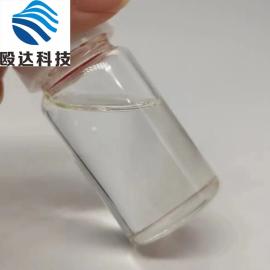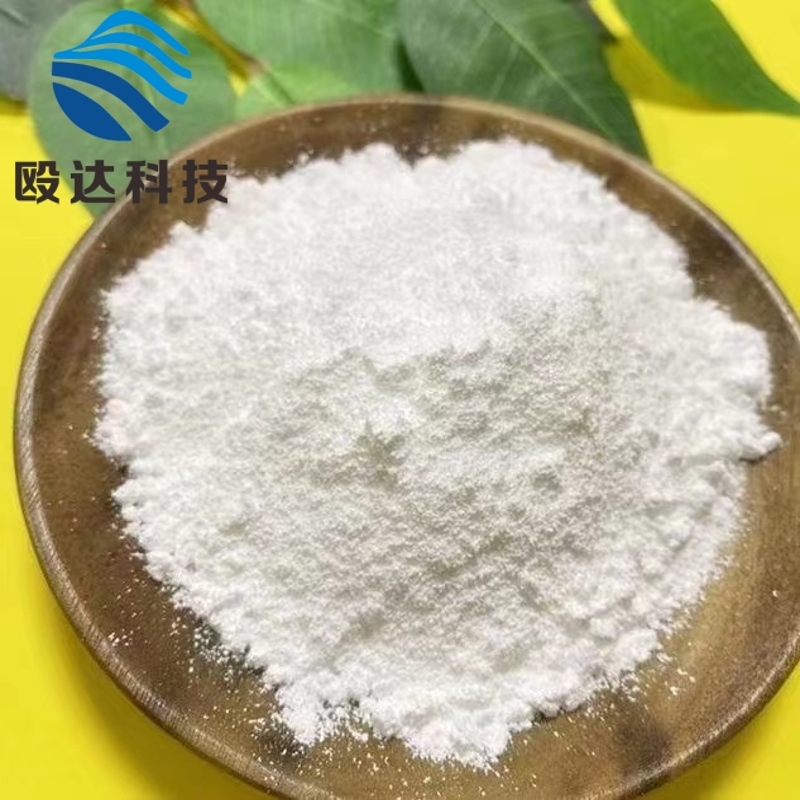-
Categories
-
Pharmaceutical Intermediates
-
Active Pharmaceutical Ingredients
-
Food Additives
- Industrial Coatings
- Agrochemicals
- Dyes and Pigments
- Surfactant
- Flavors and Fragrances
- Chemical Reagents
- Catalyst and Auxiliary
- Natural Products
- Inorganic Chemistry
-
Organic Chemistry
-
Biochemical Engineering
- Analytical Chemistry
- Cosmetic Ingredient
-
Pharmaceutical Intermediates
Promotion
ECHEMI Mall
Wholesale
Weekly Price
Exhibition
News
-
Trade Service
Nature sub-journal publishes human test data! CAR-NKT cell therapy: Showing the potential for the treatment of solid tumors Source: Pharmaceutical Rubik's Cube 10-16 Shared natural killer T (NKT) cells are immune cells that exhibit powerful anti-cancer properties in mouse models and have been developed as a new type of immunotherapy for treating cancer patients.
Among them, researchers from Baylor College of Medicine and the University of North Carolina at Chapel Hill genetically engineered human NKT cells to express GD2-specific CAR (embedded antigens) that can specifically identify and attack neuroblastoma, a childhood cancer, and IL-15, a natural protein that supports the survival of NKT cells.
: Nature Medicine published the interim results of an ongoing clinical trial in a new study published In the journal Nature Medicine on October 12.
GD2 CAR-NKT cells are safe until they can be located at the tumor site, and 1 in 3 patients treated received objective remission and bone metastasis lesions subsided.
results show the potential of CAR-NKT cell therapy to fight solid tumors.
to enhance the anti-tumor ability of NKT cells CAR modification was first used in T cells, known as CAR-T therapy.
therapy has been shown to be effective against certain types of leukemia and lymphoma, but there are many challenges in treating solid tumors.
preclinical studies have shown that NKT cells offer new opportunities to enhance CAR-directed cancer immunotherapy. the development of
NKT cells (Source: Nature Reviews Immunology) NKT cells are a subsystal of congenital-like T cells that underwent a unique differentiation process in the thymus and acquired NK-like properties, including strong cytotoxicity, rapid secretion of cytokines that can be effectively transferred to tissues.
, however, unlike NK cells, target recognition of NKT cells is limited by CD1d (the interaction of NKT cells with glycolipids presented by CD1d), similar to T cell recognition targets are limited by HLA.
Although most tumors are CD1d-negative and cannot be directly targeted by NKT cells, NKT cells respond to the trending factors of tumor sources and migrate to tumor sites, where the presence of NKT cells in primary tumors is associated with good prognostication.
in tumors, NKT cells can kill tumor-related macrophages, which promote tumor growth and metastasis.
, NKT cell activation indirectly promotes anti-tumor responses mediated by NK cells and T cells.
Andras Heczey, who was involved in the study, said NKT cells have great potential to fight cancer and have been focusing on strengthening their anti-tumor capabilities for the past 10 years, with the ultimate goal of bringing them to the clinic.
heczey and his colleagues have many challenges to overcome in order to develop NKT cells into a new type of immunotherapy.
, for example, NKT cells account for a low proportion of blood, so they developed a way to culture NKT cell populations to the size and purity clinically required.
addition, while NKT cells can fight tumors in a variety of ways, they appear to be indirect, so they give NKT cells a "navigation" CAR that allows them to attack tumors directly.
, they also equipped CAR-NKT cells with IL-15, an additional tool to help cells survive tumors in patients.
"Based on previous clinical evidence, NKT immersion in tumors is associated with good clinical outcomes, so we decided to use this inherent characteristic of NKTs and arm them with an additional warhead, called CAR, to further enhance their ability to destroy tumors."
" explains Professor Gianpietro Dotti, who was involved in the study.
series of innovative designs and modifications, scientists have successfully pushed CAR-NKT cells into clinical trials and tested them in patients with neuroblastoma (NCT03294954).
, published in the latest paper with positive clinical trial results, published results from the first three patients who had previously received extensive treatment for relapsed/difficult-to-treat metastasis neuroblastoma.
car-NKT cells used in the study were modified by the patient's own lecellular engineering.
Preliminary results of CAR-NKT cell amplification and retention in patients with recurring or resuscable neuroblastoma (Source: Nature Medicine) show that NKT cells can be amplified to a clinical scale and achieve high purity, while engineering modifications to express CAR and IL-15 can be used to safely treat patients with advanced neuroblastoma.
addition, studies have found that CAR-IL15 NKT cells can be detected in outer blood, and after infusion, they amplification in outer blood, transfer to bone metastasis and bone marrow, and anti-tumor activity.
study, 1 patient received objective remission and at least 50 percent of the transfers were cleared.
CAR-NKT cells are immersed in tumor positions to regulate tumor subsidion (Source: Nature Medicine) "Our study shows that it is possible to use immune cells with natural anti-tumor capabilities and enhance their anti-tumor capabilities by designing synthetic subjects, which makes it possible to apply this strategy to fight hard-to-treat solid tumors.
, a professor of pediatric oncology who led the study, concluded.
note that the NKT platform developed in this study has been licensed to Kuur Therapeutics to advance clinical development.
latest encouraging results from the U.S. Government support the promise of this NKT platform to provide promising alternative solid tumor treatment options.







